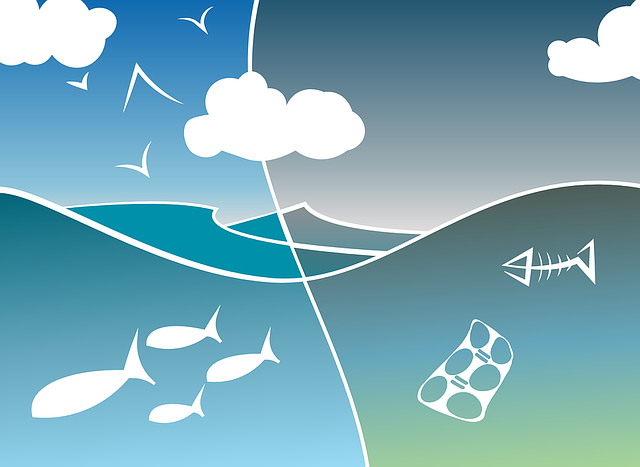The United Kingdom (UK) seafood fishing industry, despite its importance to both the economy and culture, is also recognised as presenting a number of threats to the sustainability of the marine environment. There has been a growing interest in managing and reducing environmental impacts yet commitments to low impact fishing (e.g., those in the Fisheries White Paper (2018) and 25 Year Environment Plan (2018)) currently lack a definition of what constitutes low impact. To address this, the study utilised a collaborative, co-design approach that aimed to identify the principles through which ‘low impact’ can be defined. This approach was intended to provide stakeholders from different sections of the fishing industry, together with recreational sea anglers and policy-makers, an opportunity to contribute to identifying the principles.
A literature review and review of existing data collection were used to establish the current context in terms of what is known about impact and what data was being collected. Following this, for the co-design process, three case study sites (Brixham, Eastbourne and North Shields) were selected. Participants across the three workshops suggested that most significant environment impact of fishing were:
(1) impacts on the seabed,
(2) carbon emissions due to fuel use,
(3) plastic pollution and other waste, and
(4) impacts on target stock populations.
Fishing has an impact on the marine environment by nature, and the point was made that determining low impact on the basis of gear is unlikely to be effective. Participants prefered a focus on lower impact, or lowering impact, to low impact (which was deemed too absolute and inflexible).
Areas for environmental impact reduction identified by participants included: Reducing seabed impacts by controlling dredging activity; gear and effort restrictions for maintaining target stock populations and minimising bycatch; reduction in pollution through the provision of recycling facilities and innovations in product development to reduce plastic waste; improvements in vessel efficiency through design and transitioning to electric/hydrogen powered engines; and education and training in fish welfare for anglers. Participants also considered that there were opportunities to improve fisher and angler contributions to scientific data collection.
Co-design takes time and involves a series of iterative stages in order to build trust, collectively define the scope of what is to be co-designed, share knowledge and deliberate, reflect, identify areas of consensus and disagreement and establish feedback loops to monitor and evaluate the process and outcomes. To address the challenges of co-design a six-stage process was outlined that builds on the experiences of the study and can inform policy formulation in the future.

